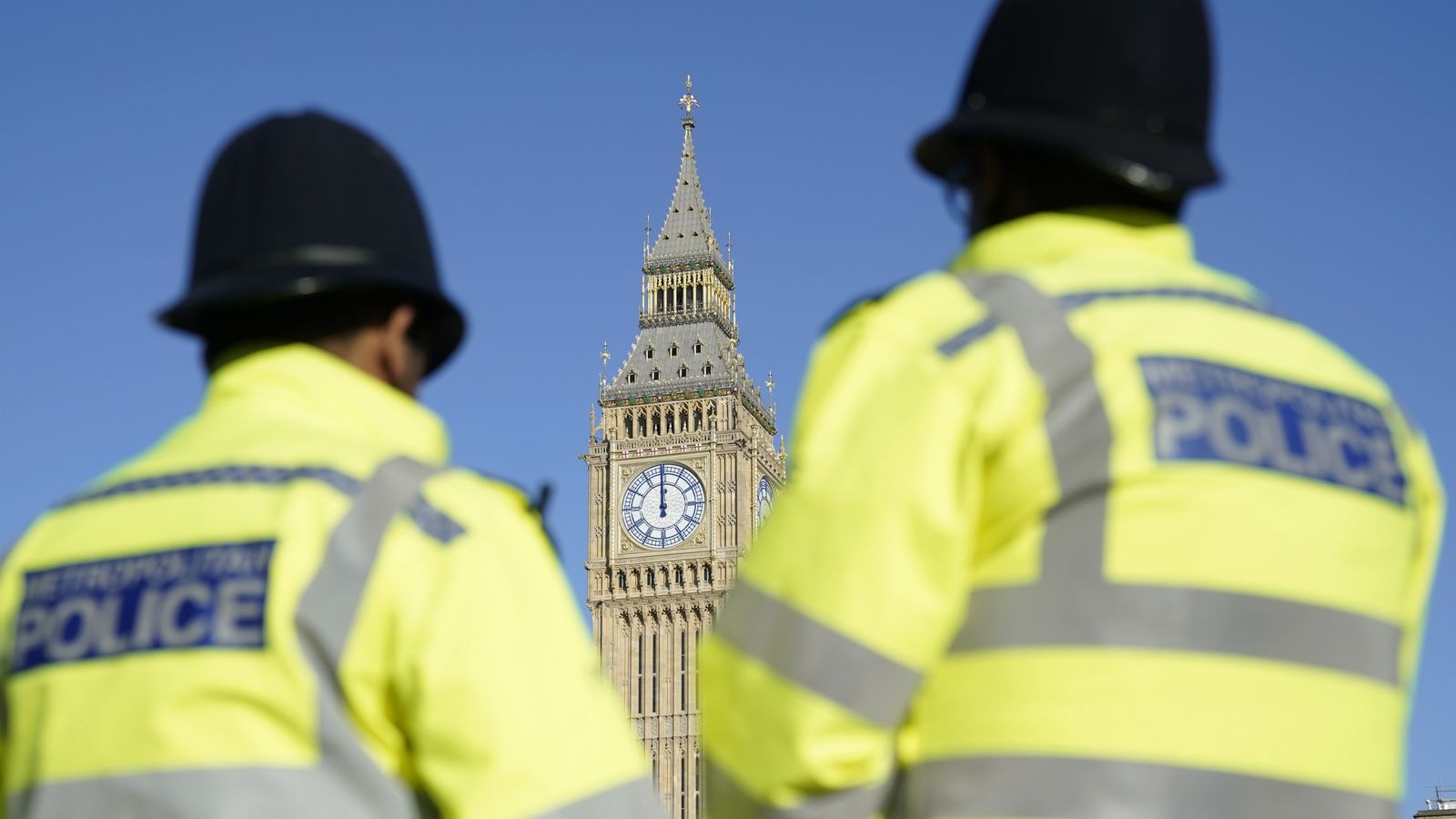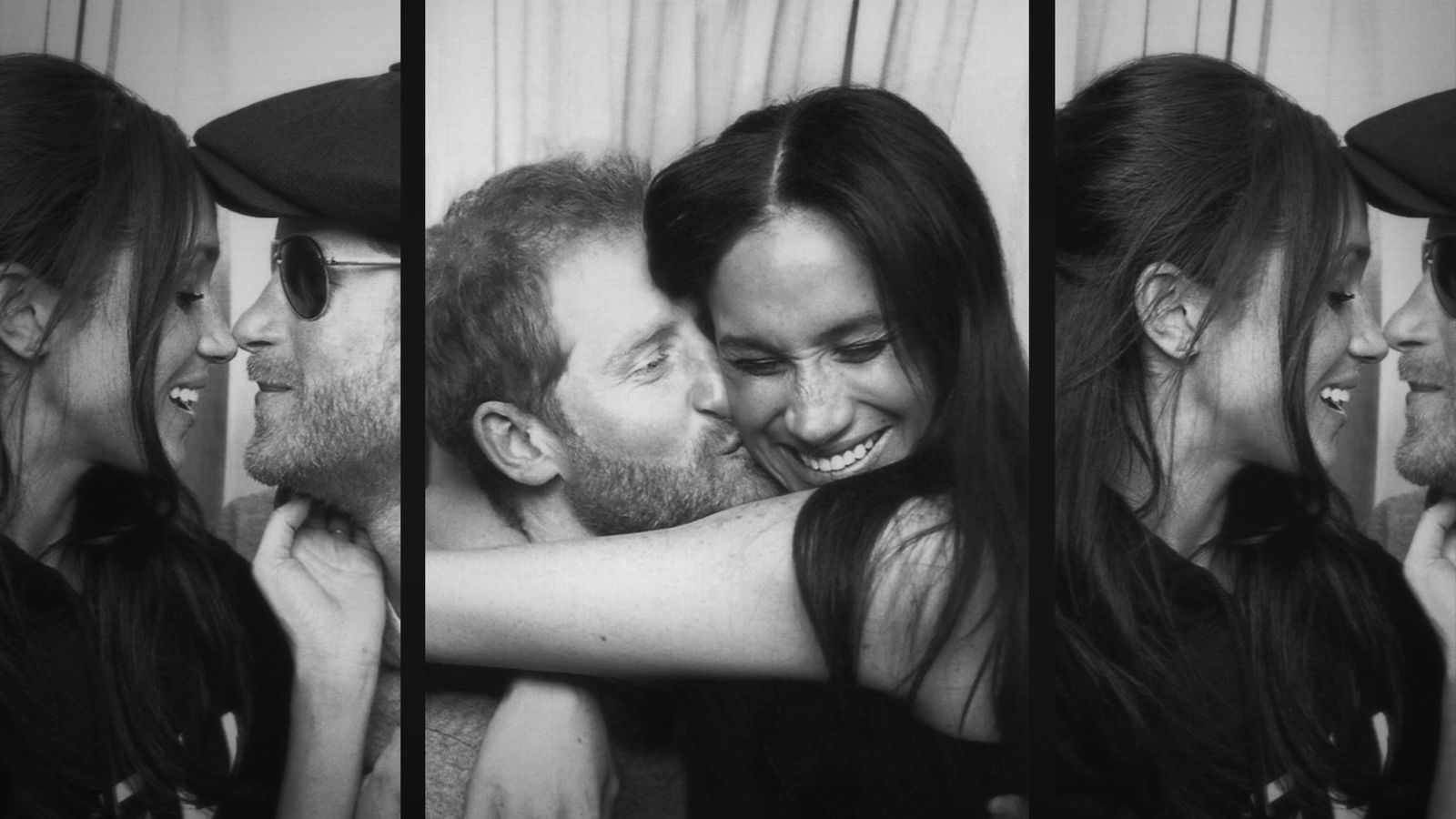The House of Lords is just a corridor away from the House of Commons and acts as the second chamber of parliament.
Its role is to scrutinise, check and challenge the work of government, acting as a second pair of eyes.
As well as holding government ministers to account by questioning them in the chamber, members – known as peers – also debate proposed legislation, add their own amendments, and have to sign anything off before it becomes law.
They also have their own select committees, similar to those made up of MPs, to take in-depth looks at legislation or broader issues facing the country.
But, unlike the Commons, the 786 peers that currently sit in the Lords are not elected.
Who sits in the Lords?
The majority of those that make up the red benches, 670 at the last count, are life peers – people selected to join the Lords due to their experience or expertise, whether that be in politics itself or something broader, such as science, education or the law.
Labour will create new democratic second chamber as current House of Lords set-up ‘indefensible’, says Gordon Brown
Labour pledges to ‘bring House of Lords into the 21st Century’
Priti Patel to urge MPs to stop using ‘mob rule’ and support new policing powers
However, there are still 91 hereditary peers – people who have their seat in the chamber because of a title passed down from their families, like a duke or viscount – as well as 25 bishops, who are among the most senior members of the Church of England.
This means the government does not always have a majority in the second chamber, and many peers sit as crossbenchers, meaning they have no political affiliation.
Why is there controversy?
While many support the need for a second chamber for the purpose of checks and balances on the Commons, there have been several questions raised about how the current system works – namely its makeup.
Some still find it surprising that hereditary peers remain in place in 2022, for example.
Former Labour prime minister Tony Blair had sought to remove them from the Lords in 1999 but as it would require legislation – something peers themselves need to approve – he could not force the change through.
Instead, a compromise was made, meaning 92 hereditary peers could remain, but they would be elected from all those eligible for a seat under the old rules.
Over 20 years later, this rule still remains in place, as well as the set party affiliate breakdown of the hereditary peers from the time – 42 Conservatives, 28 crossbenchers, three Liberal Democrats, two Labour and 17 others – and when one leaves, someone of the same affiliation is elected to replace them.
And despite changes to allow women to take the seat, albeit only if they did not have any brothers for a title to be passed to, all 92 are still men.
There has also been criticism of the place of the 25 bishops from the Church of England.
The most recent census data in England and Wales showed the number of people across the country who consider themselves as Christian falling below 50% for the first time, followed closely by over 37% of people saying they had no religion.
Add to that the range of faiths now represented across the whole of the UK, some have argued it seems outdated to have a significant number of peers from one religion sat in the chamber.
But the major issue of recent years has been the way life peers are selected.
Although any nomination has to be approved by the Crown, they are first made by the prime minister of the day – with opposition leaders expected to be allowed to suggest a handful as well.
This has led to accusations of governments putting forward people who support them politically to help aid the passage of any legislation through the second chamber.
And although there is a committee to vet any nominations, there have also been allegations of unsuitable people making the cut.
Labour leader Sir Keir Starmer has pledged to abolish the current system if he wins the next general election.
But he has been warned by existing peers to focus on immediate issues facing the electorate rather than constitutional arguments, especially amid the cost of living crisis.
The one thing that is certain though is the debate over the House of Lords and its role in our democracy is not settled.








